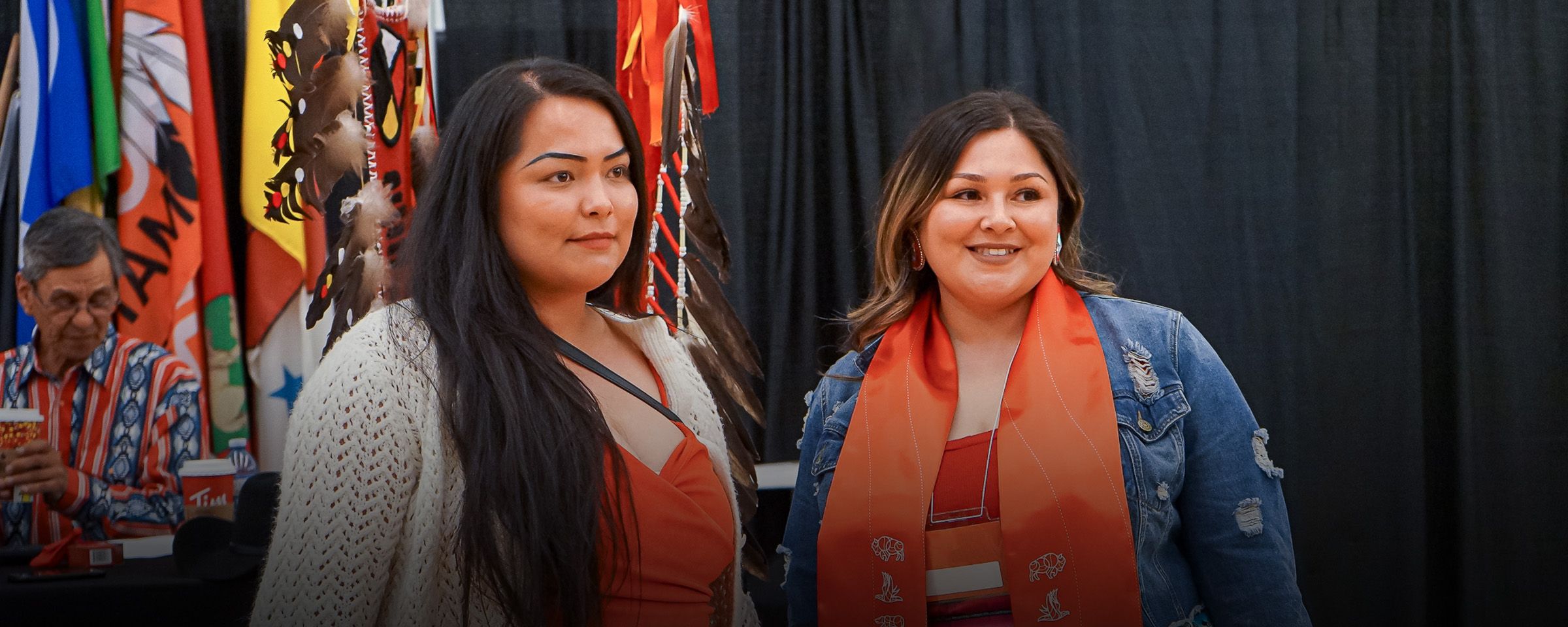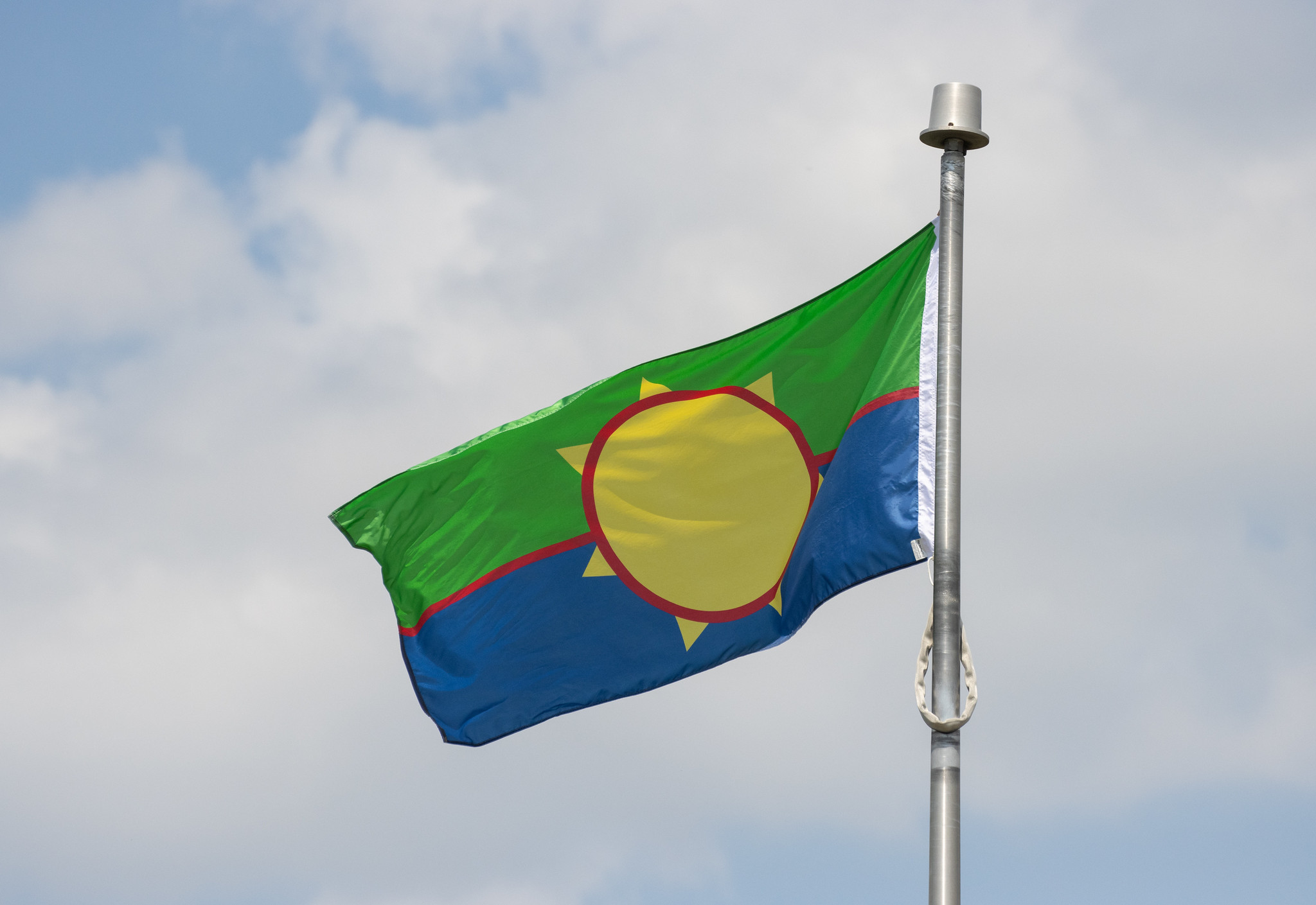Anniversary of Treaty One Signing
On August 3, 1871, Treaty One was signed at Lower Fort Garry between representatives of Britain and the Chiefs of seven First Nations: Brokenhead Ojibway Nation, Long Plain First Nation, Peguis First Nation, Roseau River Anishinabe First Nation, Sagkeeng First Nation, Sandy Bay Ojibway First Nation, and Swan Lake First Nation. As the name suggests, Treaty One was the first of the 11 Numbered Treaties and laid the foundation for subsequent agreements between First Nations and European settlers.
Treaty One is a legal agreement based on principles of friendship, peace and mutual thriving, and both parties entered into the Treaty as equals. The signatories negotiated the Treaty with the goal of ensuring their Peoples’ continuity in the face of unprecedented change that would impact generations.
Indigenous Nations consistently played important roles in the fur trade economy and inter-governmental alliances since the Europeans’ arrival, leading the state to conclude that it would be in the Crown’s best interest to form an official agreement with First Nations.
The state agreed to provide services to First Nations typical to what they provided citizens, like education and healthcare; annuities in the state currency to First Nations families and individuals, so they could participate in the new economy; and set boundaries upon which settlers could not encroach, to ensure First Nations’ inherent right to traditional resources and ceremonial grounds. In exchange, First Nations would allow the state to have access to specific land and resources and the economic value that came with that access.
The Treaties are still active today but throughout Canada’s history, the Treaties have not been wholly honoured by the state or understood by settlers. The result is, and has been, immeasurable harm against Indigenous Peoples—in the forms of Residential Schools, institutional discrimination, interpersonal violence, intergenerational trauma, and more.
Raising awareness about the Treaties, their intentions and the agency of Indigenous Peoples is integral to reconciling the damaged relationship between First Nations and Canada. As an educational institution, RRC Polytech has committed to making Truth and Reconciliation a priority and taking action to reflect those values.
In Fall 2022, members of RRC Polytech’s Senior Leadership Team, including President and CEO Fred Meier, organized community consultations with First Nations communities to learn first-hand how the College can make post-secondary education more accessible and more valuable to Indigenous learners. Fostering relationships with Indigenous communities at that level help to inform decision-makers at the College. The Senior Leadership Team intends to continue reaching out to communities annually to continue a collaborative dialogue.
On June 4, RRC Polytech launched National Indigenous History Month with the raising of the Treaty One, Red River Métis, and Pride Flags on the front lawn of Notre Dame Campus. The flags were raised with ceremonies conducted by each respective community: representatives from Peguis and Sand Bay First Nations, the Manitoba Métis Federation, and Two Spirit Elders.
Vic Savino, Director of Communications at Treaty One Nation and Business Administration alumnus, helped to coordinate the raising of the Treaty One flag and advocates for the raising of the Treaty One flag at more prominent places throughout Treaty One. Read Savino’s story on RRC Polytech’s Alumni Blog.
Learn more about the Treaties:

